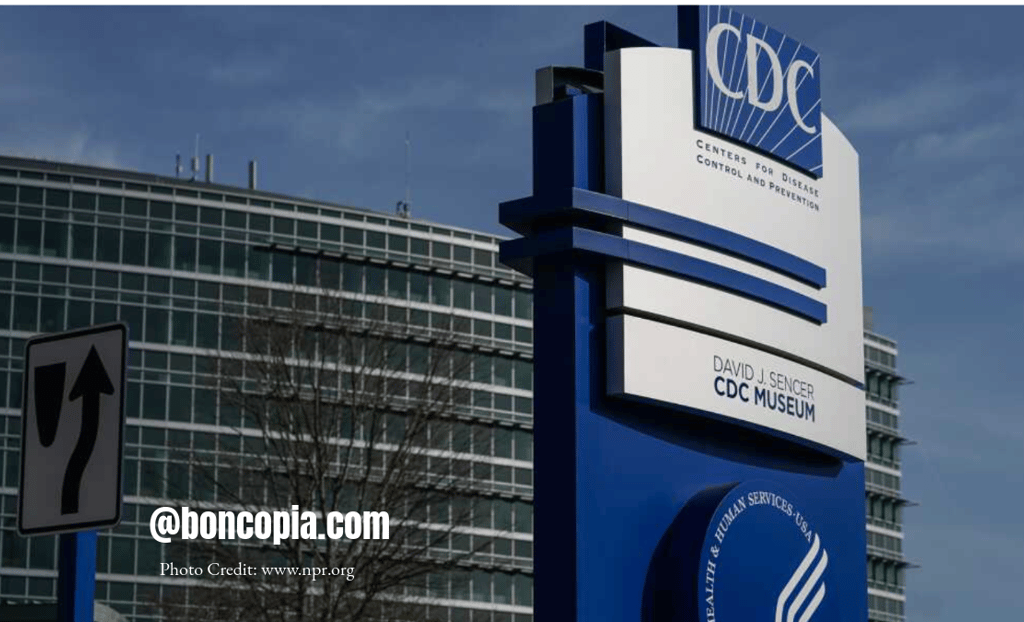The Silent Alarm: CDC's Diminished Voice in Public Health Amid Political Shifts
5/31/20253 min read


The Silent Alarm: CDC's Diminished Voice in Public Health Amid Political Shifts
In the intricate dance of governance and public health, the Centers for Disease Control and Prevention (CDC) has long been the lead performer, orchestrating responses to health crises with precision and urgency. However, recent developments paint a troubling picture: the CDC's ability to communicate critical health information to the public has been significantly curtailed since January 2025, under the new administration. This silence is not just a lapse in communication; it's a potential threat to the nation's health security, raising profound questions about the intersection of social values, political decisions, and public welfare.
The Shift in Communication
An NPR investigation from May 21, 2025, reveals a stark reality: the CDC's platforms for public communication have gone silent. Health alerts about disease outbreaks, once a staple of the CDC's outreach, haven't been dispatched since March 2025. Social media channels, previously bustling with updates, have been dormant for over a month. This change is attributed to a reorganization under the Department of Health and Human Services, where most CDC communication professionals were laid off as part of a broader "reduction in force" initiative starting April 1, 2025. The result? Fewer than half of the public health posts sent for approval are being cleared, leaving the public in the dark about emerging health threats.
The Consequences of Silence
The implications of this silence are far-reaching. Public health functions best when experts can communicate in real-time, as noted by former CDC director of communications, Kevin Griffis. Without timely information, communities are left vulnerable to diseases that could otherwise be contained or mitigated. The NPR analysis underscores a critical point: the CDC's mission to "conduct critical science and provide health information" is being compromised, potentially endangering millions.
Political Underpinnings
This shift didn't occur in a vacuum. Since President Trump's administration assumed power in January 2025, there has been a noticeable reorientation of federal priorities. The layoffs and restructuring at the CDC are part of a larger pattern of budget cuts and policy changes that prioritize other agendas over public health infrastructure. This political decision-making process, while legally within the administration's rights, raises ethical questions about the balance between fiscal policy and the moral obligation to protect public health.
Local Impacts and Broader Implications
The fallout isn't just national; it's local. An article from April 22, 2025, highlights how Milwaukee's request for CDC assistance with lead poisoning in schools was denied due to a lack of expertise following these layoffs. Lead poisoning, a preventable yet devastating health issue, now faces a response gap that local resources alone may not fill. This scenario is a microcosm of a larger issue: the erosion of federal support for state and local health departments, which received $14.9 billion from the CDC in FY 2023. With anticipated cuts and the end of supplemental COVID-19 funding, the future of public health infrastructure looks uncertain, affecting both red and blue states.
Social Values at Stake
At the heart of this issue are social values. Public health is a cornerstone of societal well-being, reflecting a collective commitment to equity, safety, and prosperity. When the CDC's voice is silenced, it undermines these values, disproportionately impacting vulnerable populations who rely on clear, accessible health information. The political decisions driving these changes challenge the social contract between government and citizens, questioning whether the pursuit of other priorities justifies the risk to public health.
Thought Questions for Engagement
How can we ensure that public health communication remains a priority regardless of political shifts?
What role should citizens play in advocating for robust public health infrastructure?
Is there a balance between fiscal responsibility and the moral imperative to protect public health, and if so, where does it lie?
In conclusion, the silence of the CDC is more than a procedural issue; it's a societal one. As diseases spread and communities face health challenges without adequate warning, the need for a reevaluation of priorities becomes clear. The intersection of social values, political decisions, and public health demands our attention, urging us to consider the long-term implications of current policies. The question remains: will we listen to the silent alarm before it's too late?
hello@boncopia.com
+13286036419
© 2025. All rights reserved.